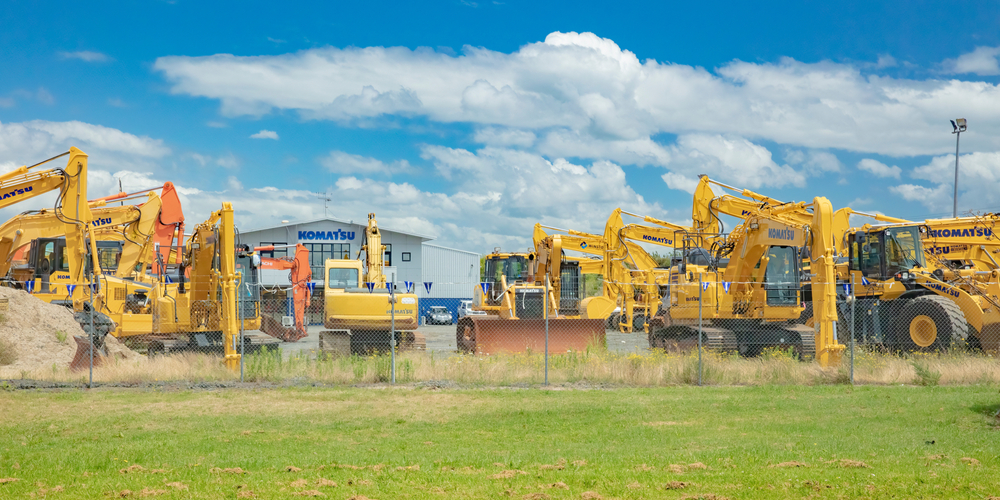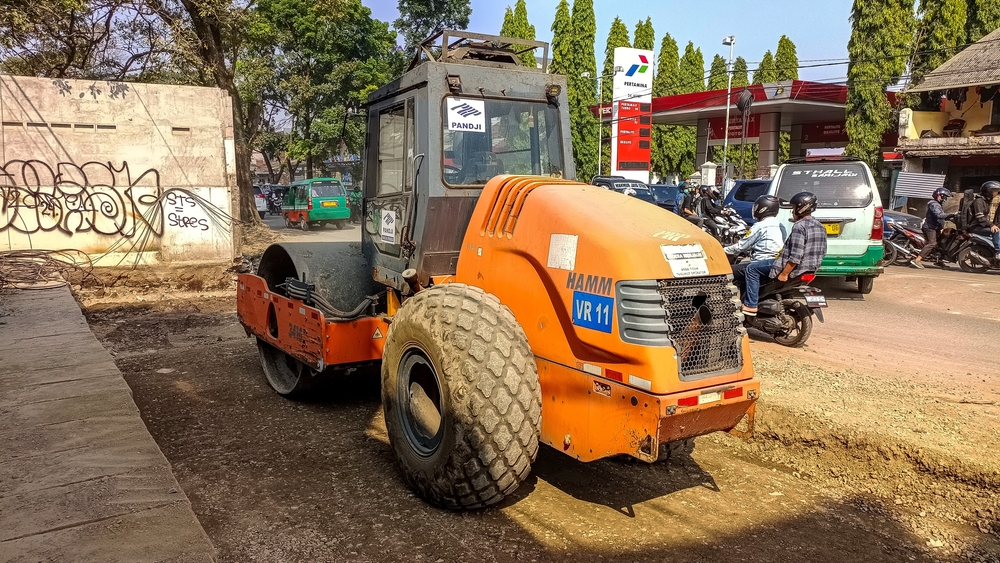Introduction
Selecting the right excavator for a construction project is more than just a logistical decision; it’s a strategic move that can significantly impact the project’s efficiency, cost, and completion time. With the vast array of machinery available in today’s market, opting for an excavator rental offers a flexible and cost-effective solution to meet the dynamic needs of construction projects. This guide delves into the crucial aspects of choosing the most suitable excavator rental, providing readers with valuable insights and practical tips to navigate this essential decision-making process.
Assessing Project Requirements
The first step in selecting the right excavator rental is a thorough assessment of your construction project’s specific needs. The size and scope of the project, along with the terrain on which it’s set, play pivotal roles in determining the type of excavator that’s best suited for the job. A comprehensive evaluation will help identify the machinery capable of handling the project’s demands, from earthmoving in large-scale developments to precision work in confined spaces.
Types of Excavators for Rent
The construction industry benefits from a wide variety of excavators, each designed to meet specific project needs.
Mini excavators are ideal for projects in tight spaces or urban environments where their compact size and agility allow for precision work without disrupting surrounding areas.
Standard excavators, often seen on a variety of construction sites, offer a balance of power and versatility for tasks ranging from digging and grading to lifting heavy materials.
Crawler excavators, characterized by their track system, provide enhanced stability and are well-suited for uneven or challenging terrains. On the other hand, wheeled excavators, which move on tires, offer the advantage of mobility and speed, especially on hard surfaces like asphalt, making them perfect for projects requiring frequent repositioning across sites.
Long-reach excavators, with their extended boom and arm, are specialized for jobs that require working over water or reaching far distances, such as dredging or demolition tasks.
Equipment Specifications and Features
When choosing an excavator rental, understanding the equipment’s specifications and features is crucial to ensure it aligns with your project’s needs. Here’s a deeper dive into key specifications and features to consider:
Size and Weight
Compact or Mini Excavators: Ideal for tight spaces and smaller projects. Their lightweight design allows for easy transportation and minimal ground disturbance.
Medium Excavators: Offer a balance between power and maneuverability, suitable for a wide range of tasks, including medium-scale excavation and demolition.
Large Excavators: Best suited for heavy-duty tasks in larger construction projects. They offer high power and deeper excavation capabilities but require more space to operate.
Digging Depth and Bucket Capacity
Digging Depth: Essential for projects requiring deep excavation, such as foundation laying or utility work. Deeper digging depths allow for more efficient completion of such tasks.
Bucket Capacity: Determines how much material can be moved at once. Larger buckets increase efficiency in moving large volumes of earth, but require more power and stability to operate.
Engine Power and Fuel Efficiency
Engine Power: Higher horsepower provides more digging power and lifting capacity, crucial for heavy-duty tasks.
Fuel Efficiency: Important for managing operational costs. Modern excavators are equipped with engines that offer better fuel economy without compromising performance.
Hydraulic System
The efficiency and responsiveness of the hydraulic system are key to precision tasks. Advanced systems offer better control and power management, allowing for smoother operation and increased productivity.
Technology and Automation Features
GPS and Machine Control Systems: Enhance precision in excavation and grading tasks, reducing manual effort and improving accuracy.
Safety Features: Such as rearview cameras and proximity sensors, help prevent accidents on the construction site.
Data Analytics: Some modern excavators come equipped with systems that collect and analyze performance data, assisting in optimizing operations and maintenance schedules.
Attachments and Versatility
Interchangeable Attachments: The ability to switch between different attachments (e.g., buckets, hammers, augers) increases the excavator’s versatility, allowing it to perform a variety of tasks beyond excavation.
Quick Couplers: Facilitate easy attachment changes, significantly reducing downtime between tasks and enhancing project efficiency.
Comfort and Ergonomics
Cabin Design: Spacious and comfortable cabins with ergonomic controls reduce operator fatigue and increase productivity during long working hours.
Visibility: Good visibility from the cabin is essential for safe and precise operation. Features like large windows and cameras can enhance the operator’s view of the surrounding area.
Budget Considerations
Establishing a budget for excavator rental involves careful consideration of both the project’s scope and financial constraints. The cost of renting an excavator can vary widely based on the machine’s size, type, and any additional features or attachments required. It’s important to evaluate the project’s specific needs to determine which excavator type offers the best balance of functionality and cost-effectiveness. Often, opting for a machine with the exact specifications needed for the job can result in savings by avoiding the higher costs associated with larger, more advanced models that exceed the project’s requirements. Furthermore, considering the rental duration and potential for extended needs is crucial, as longer rental periods can sometimes negotiate lower daily rates, offering overall cost savings.
Rental Terms and Agreements
Navigating the rental terms and agreements is a critical step in the excavator rental process. These agreements detail the responsibilities of both the rental company and the lessee, covering aspects such as the rental period, rates, and any penalties for late returns or damages. It’s essential to thoroughly review the maintenance and repair clauses to understand who bears the responsibility for regular upkeep and addressing any mechanical issues that may arise during the rental period. Additionally, insurance coverage is a key consideration; renters must ensure they are adequately covered for any accidents or damage to the equipment while in their possession. Understanding these terms helps prevent unexpected costs or disputes, ensuring a smooth rental experience.
Equipment Maintenance and Support
Selecting a rental provider that offers comprehensive maintenance and support services is vital for ensuring project efficiency and minimizing downtime. Well-maintained equipment is less likely to experience operational failures, which can cause project delays and increase costs. Before finalizing a rental, inquire about the provider’s maintenance schedule and practices, as well as their process for handling repairs during the rental period. Additionally, assess the availability of technical support, including whether the rental company offers on-site assistance in the event of a breakdown. Opting for a provider that prioritizes equipment upkeep and customer support can significantly enhance the reliability and performance of the rented excavator, contributing to the successful completion of construction projects.
When you’ve assessed your project requirements, understood the types of excavators available, and are ready to move forward with renting the ideal equipment for your construction needs, contacting ESP Ltd is your next step. ESP Ltd is committed to providing comprehensive support, ensuring you find the excavator rental that best fits your project’s specifications and budget.









